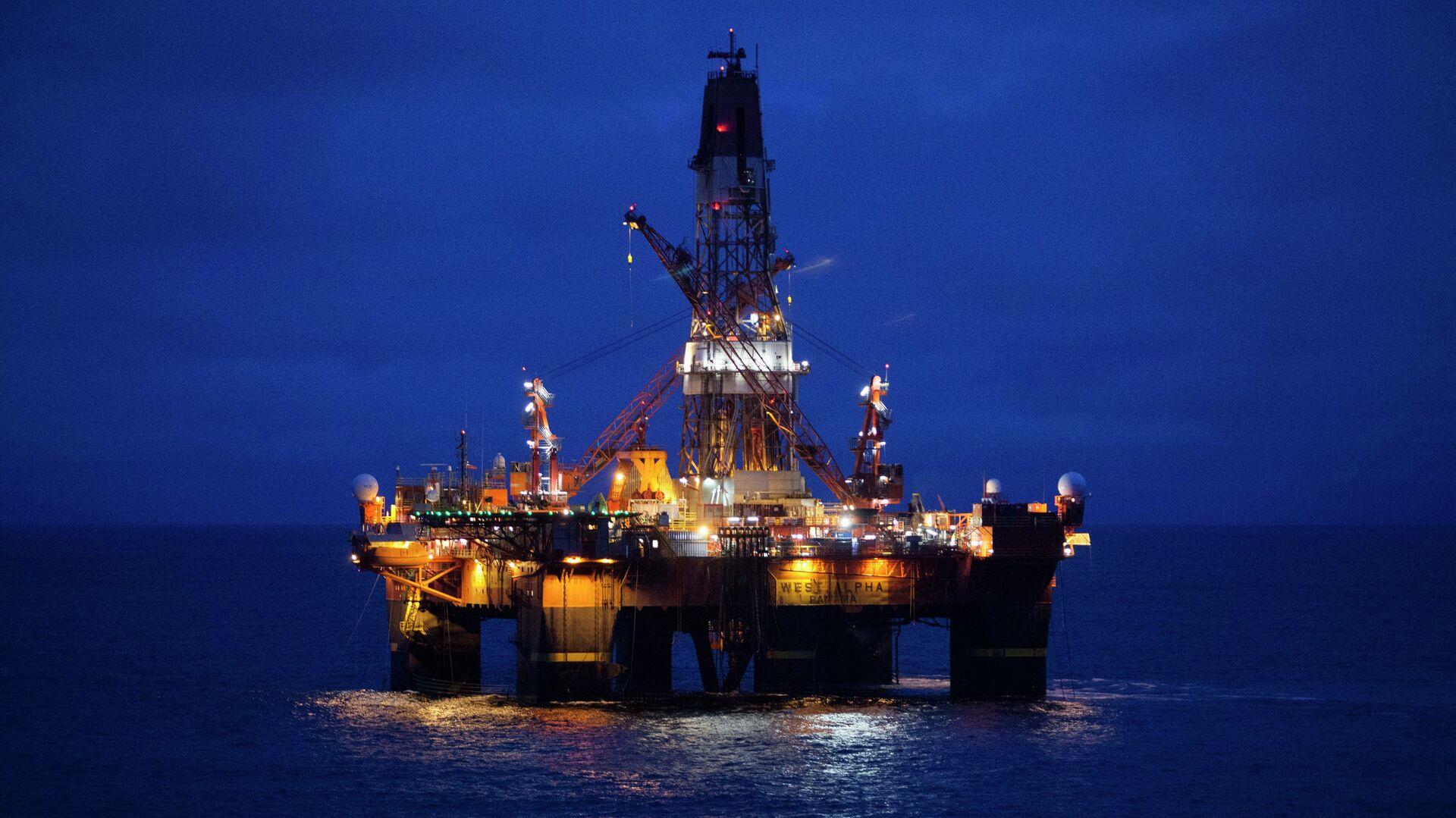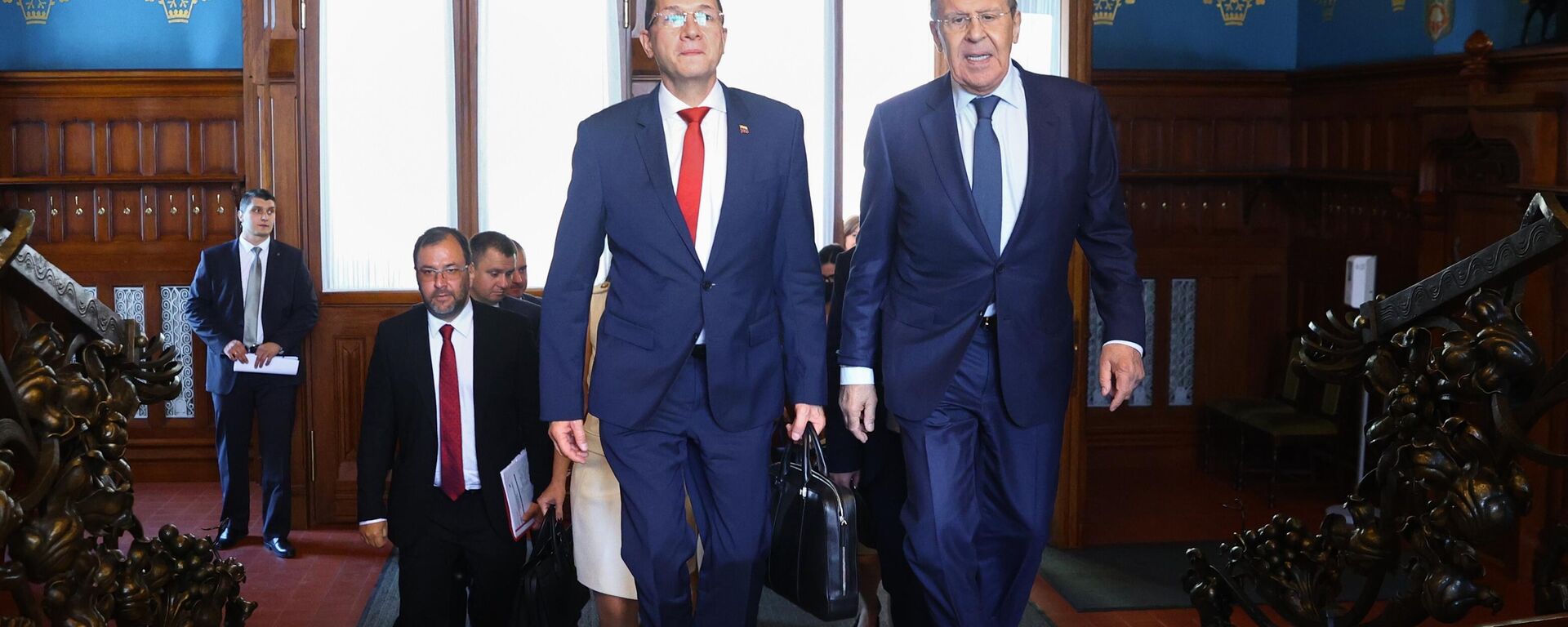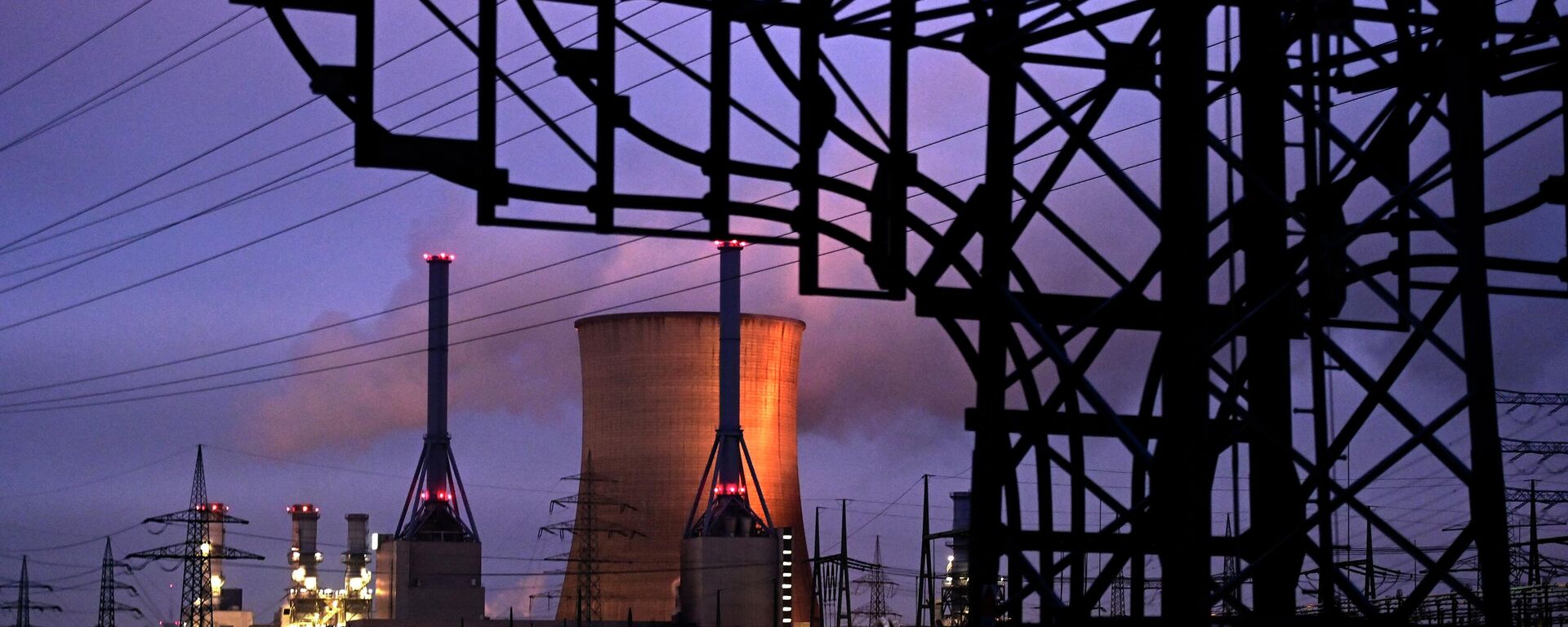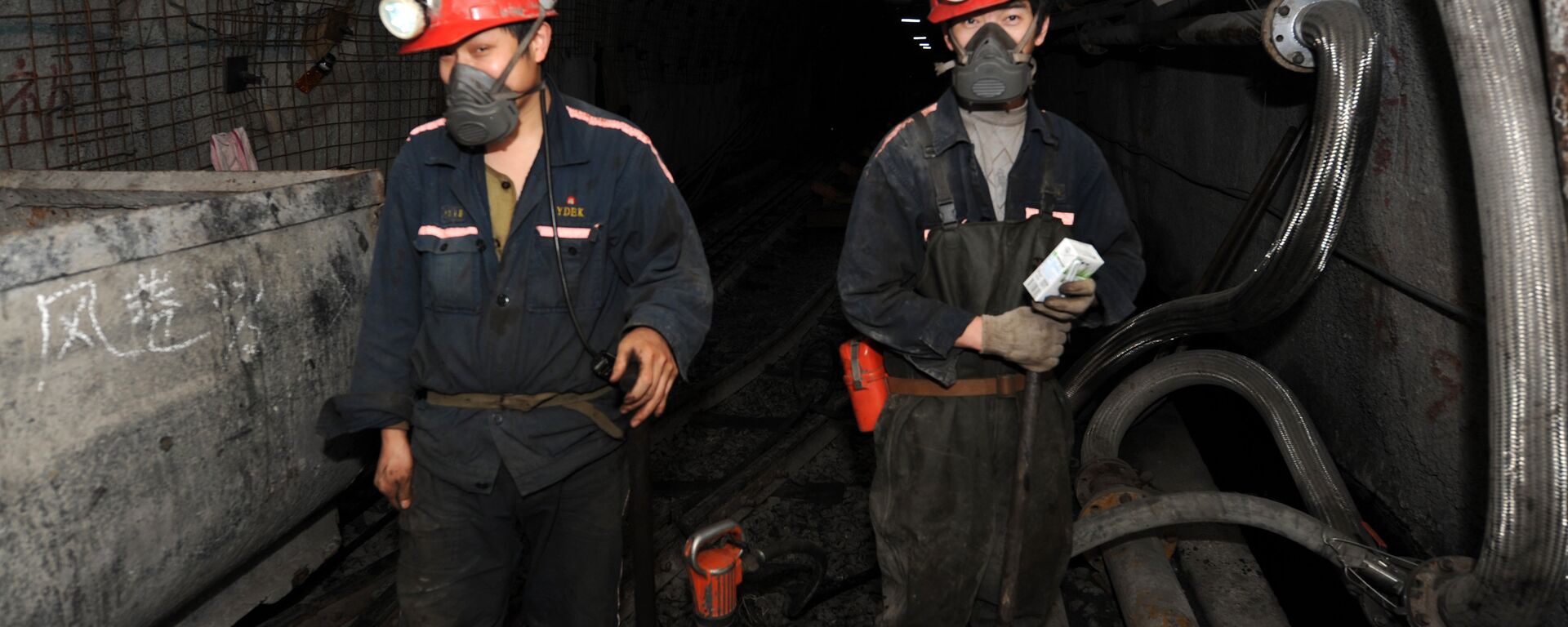Why Asia Won't Reject Russia's Hydrocarbons or China's Rare Earths Despite US Pressure
18:54 GMT 12.07.2022 (Updated: 14:20 GMT 15.11.2022)

© AP Photo / Rosneft press service
Subscribe
The International Energy Agency (IEA) and the United State have called upon Asian countries to reduce reliance on Russia and China in terms of both fossil fuels, solar power technology, and critical minerals needed for electric vehicles and batteries.
"Given that energy is the lifeline of modern economies, modern economic growth patterns, there are not that many alternatives available and there are only a few countries that are players in the global energy market. Russia certainly cannot be counted out and Russia cannot be marginalized in the global energy landscape," says Harsh V. Pant, professor of international relations at the King's College London India Institute and director of the strategic studies program at the Observer Research Foundation.
International Energy Agency (IEA) Executive Director Fatih Birol and US Energy Secretary Jennifer Granholm on 12 July urged Indo-Pacific countries at the Sydney Energy Forum to diversify their supply chains for energy and critical minerals to reduce "dependency" on Russia over its special operation in Ukraine, as well as on China.
"At a time when the energy prices are going up and affecting some of the poorest and most vulnerable countries around the world very significantly, I think Asian countries will continue to cooperate with Russia in order to support their economies and their domestic requirements," says Pant.
He explains that dealing with Russia has become an economic imperative at a time of energy crunch given that Moscow is offering discounted oil to a number of countries. Furthermore, maintaining economic relations with Russia is a question of survival and the people's well-being for some Asian nations and countries of the Global South, according to the professor. Under these circumstances it's highly unlikely that they will succumb to the pressure from Washington and sever ties with Russia, he says.
"For political leaders across the world, at a time when economies are just beginning to grow after the long COVID pandemic, they can [not] afford a lack of energy and higher energy prices," Pant stresses.
Anti-Russia Sanctions: India and EU Approaches
To illustrate his point, the professor cites India's approach to Russia's affairs and the Ukraine crisis. New Delhi continues to import energy from Russia despite the US and Europe urging India to join sweeping anti-Russia sanctions.
"What we have seen in the last two months is a gradual, significant increase in what India is buying from Russia when it comes to oil," the professor says. "This is particularly relevant again because Russia has offered India discounted oil and India's economic requirements demand that India continues buying this oil. The challenges facing India's population mean that the Indian leadership has an incentive in continuing to engage with Russia on this question."
At the same time, the European Union's decision to slap sanctions on Russia and slash energy supplies from the country have backfired on Europe's economy, sending fuel prices up and accelerating inflation.
"We have seen how Europe is struggling to reduce its dependence and the kind of costs that it is imposing on Europeans," says Pant. "Most Asian countries would be reluctant to go down that route."
The disruptions in the supply of crude after the imposition of ban on imports from Russia have given a dramatic boost to energy prices and inflation, echoes Suranjali Tandon, assistant professor at the Delhi-based National Institute of Public Finance and Policy.
"The current inflationary trends are the most serious challenge for policy makers," she says. "Central banks around the world have begun the process of unwinding loose monetary policy… The current inflation rates have led to internal economic strains and as seen in Sri Lanka, a political upheaval. The cooperation between Russia and Asian countries may be economically prudent."
Moreover, major Asian economies – India and China – are ready to absorb crude supplies from Russia rejected by the West, according to her.
At the same time, Washington's plan to force Asian states to join anti-Russia sanctions is fraught with severe risks for the global economy, Tandon warns.
"The ban, if carried out by other Asian economies, will further cut off supplies of refined petroleum and related products," she says. "This could lead to an unmanageable inflationary spiral while depressing global growth."
Are There Alternatives to Russia & China?
According to Tandon, India sets an important precedent for other Asian states by withstanding the US pressure when it comes to energy sanctions against Russia. By doing this, India is defending its internal interests in the first place, the professor underscores.
She hails the idea that single technology or fuel dependence should be avoided. This principle could be applied to Russia, China, or Western countries in a similar way. However, when the West is calling upon Asian nations to shift to wind, solar, and even nuclear power and abandon fossil fuels, it's clear that this shift cannot be done immediately, the professor emphasizes.
Even after the "green" transition, Asian states and the Global South are likely to maintain ties with Russia and China, who have been developing cutting-edge nuclear technologies and mining rare earths needed for producing electric batteries and electronic components.
"Russia's energy supplies will remain globally important," Tandon forecasts. "More importantly, even when this transition does take place the natural resources including minerals used as inputs in renewables will be concentrated in countries like China. China produces 63% of the world’s rare earth elements, including 45% of molybdenum as per IEA, so it's unclear what countries must do to expand alternatives while being under pressure to transition quickly."




